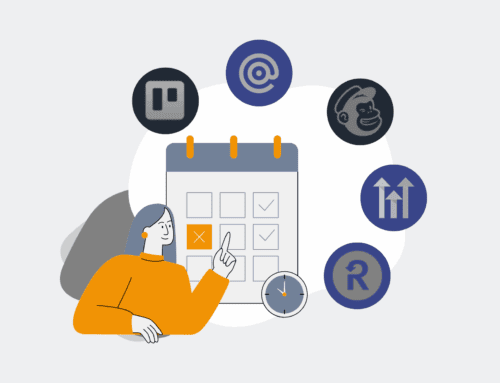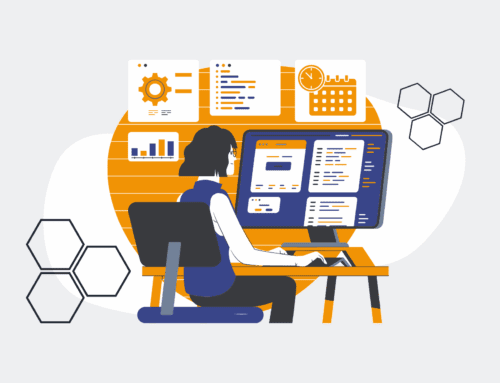Beyond Keywords: How AI Resume Parsing Unlocks Deeper Candidate Insights
In the relentless pursuit of top talent, HR leaders and recruitment directors often find themselves grappling with an overwhelming volume of applications. The traditional approach to resume screening, heavily reliant on keyword matching, has long been a foundational pillar of initial candidate assessment. However, while efficient at a surface level, this method is increasingly proving to be a bottleneck, often leading to missed opportunities and a homogenous talent pipeline. The modern workforce demands more nuanced understanding, and the limitations of keyword-centric parsing are becoming glaringly apparent. It’s time to look beyond the obvious, and AI-powered resume parsing is leading the charge.
For decades, recruiters have built their screening strategies around identifying specific keywords, certifications, and job titles. This approach, while straightforward, inherently struggles to grasp context, infer potential, or identify transferable skills that might not be explicitly stated. It creates a filter that, instead of sifting for the best, often discards the most interesting and potentially valuable candidates who don’t fit a rigid, pre-defined template. The result? Extended time-to-hire, increased recruitment costs, and the frustrating realization that truly exceptional candidates are slipping through the cracks.
The Evolution from Matching to Meaning
Enter AI resume parsing, a quantum leap forward in how organizations identify and engage with talent. This isn’t just about faster data extraction; it’s about shifting from simple keyword matching to a sophisticated understanding of meaning, context, and potential. AI-driven systems leverage natural language processing (NLP) and machine learning algorithms to do more than just find words on a page. They interpret the relationships between concepts, understand the nuances of experience, and even infer capabilities that traditional systems simply cannot.
Imagine a system that can understand that “led cross-functional initiatives” implies strong leadership and collaboration skills, even if “leadership” isn’t explicitly listed as a skill. Or one that can recognize the parallel between managing a complex project in a non-traditional industry and the requirements of a high-tech project manager role. This deeper semantic understanding allows businesses to unlock insights that were previously hidden, revealing a richer, more diverse pool of candidates.
Unlocking Deeper Insights: What AI Sees That Humans (and Keywords) Miss
AI resume parsing doesn’t just digitize information; it enriches it. Here’s how it transcends traditional methods:
Contextual Comprehension of Experience
Unlike keyword parsers that see isolated terms, AI understands the narrative of a candidate’s career. It can differentiate between a skill used extensively versus one briefly mentioned, or understand the impact of a role within a larger organizational structure. This allows for a more accurate assessment of a candidate’s true capabilities and their potential fit within a company’s specific needs and culture.
Identification of Latent Skills and Potential
Many valuable skills are not explicitly stated but are inherent in the job descriptions and achievements. AI can infer soft skills like problem-solving, adaptability, and critical thinking from descriptive text, even when these terms are not directly used. This is crucial for identifying candidates who might be perfect for future roles, not just immediate openings, expanding the talent pipeline beyond obvious matches.
Unbiased Candidate Scoring and Ranking
While human bias can inadvertently creep into manual screening, well-trained AI models can provide a more objective evaluation. By focusing purely on skills, experience, and quantifiable achievements, AI can help reduce unconscious bias related to demographics, educational institutions, or career gaps, leading to a fairer and more equitable hiring process.
Predictive Analytics for Future Success
Advanced AI parsers can go a step further, using historical data to predict a candidate’s likelihood of success in a role, their potential for growth, and even their cultural alignment with the organization. This isn’t about eliminating human judgment but augmenting it with data-driven insights, allowing HR leaders to make more informed decisions faster.
At 4Spot Consulting, we’ve seen firsthand how integrating AI-powered solutions transforms recruitment. For instance, we assisted an HR tech client in automating their resume intake and parsing process using Make.com and AI enrichment, seamlessly syncing data to their CRM. This strategic implementation saved them over 150 hours per month, drastically reducing manual work and improving candidate quality. This exemplifies how a strategic-first approach to AI, focused on ROI and business outcomes, can eliminate bottlenecks and empower HR teams to focus on high-value interactions.
The strategic imperative is clear: businesses that embrace AI resume parsing will gain a significant competitive advantage in the talent landscape. It’s no longer enough to simply find candidates; it’s about understanding them at a deeper, more predictive level. This isn’t just about saving time; it’s about making better hiring decisions that impact the very core of your organization’s future growth and innovation.
Ready to uncover automation opportunities that could save you 25% of your day and transform your talent acquisition strategy? Book your OpsMap™ call today.
If you would like to read more, we recommend this article: The Strategic Imperative of AI in Modern HR and Recruiting: Navigating the Future of Talent Acquisition and Management








